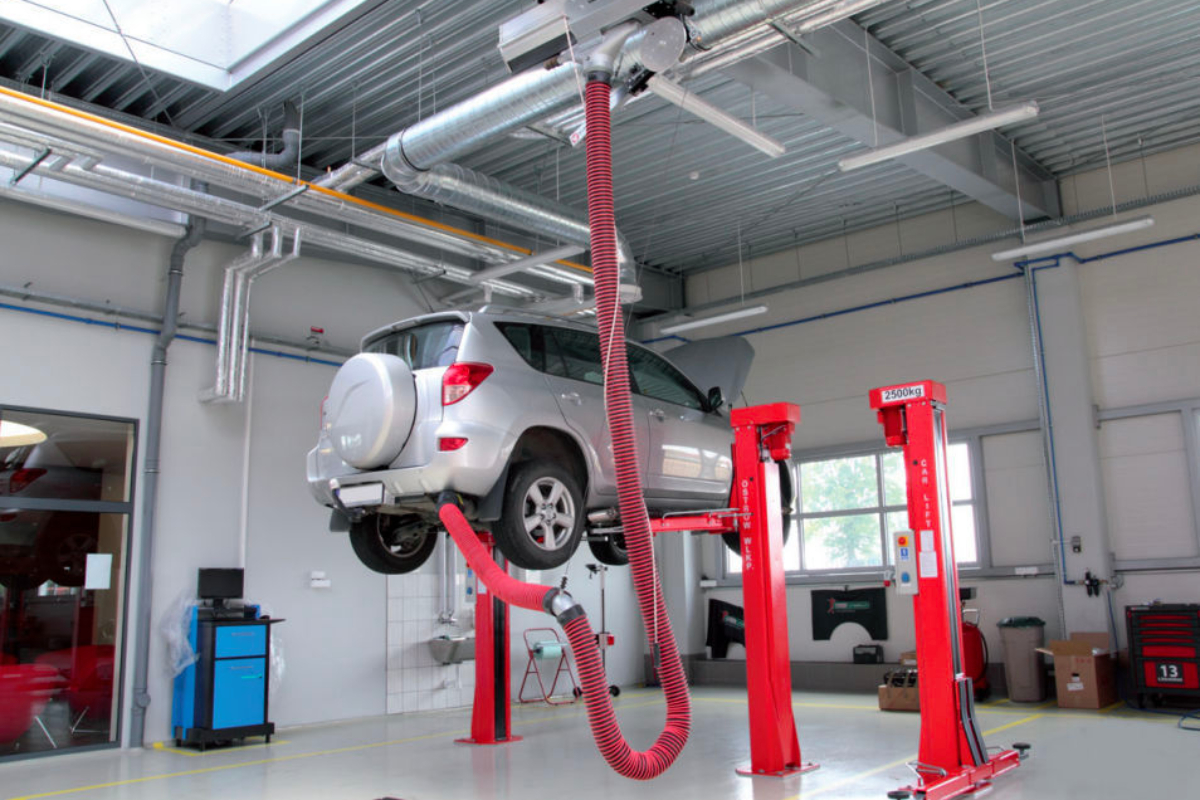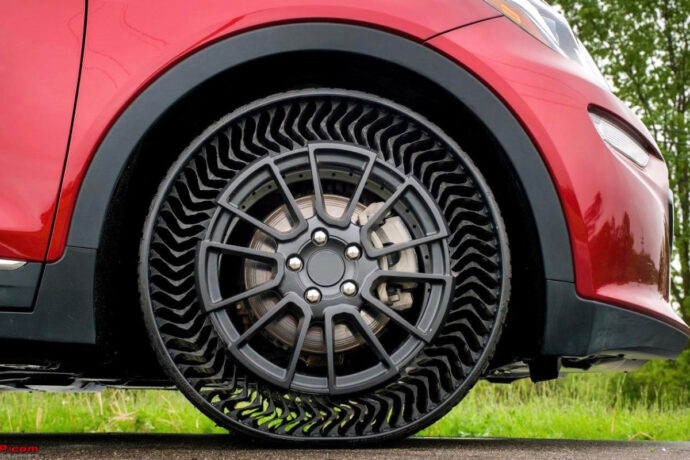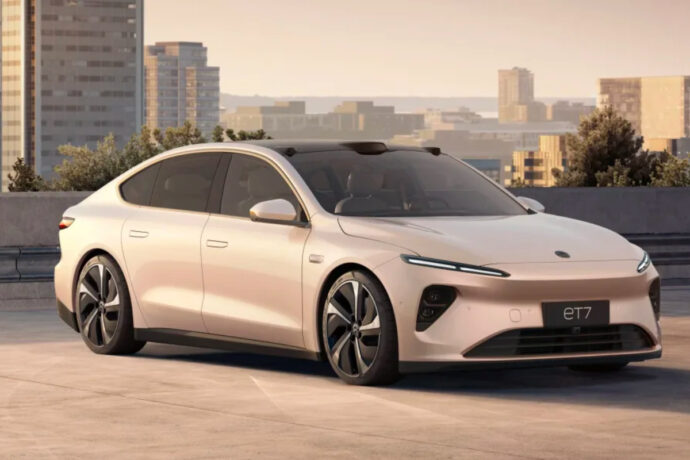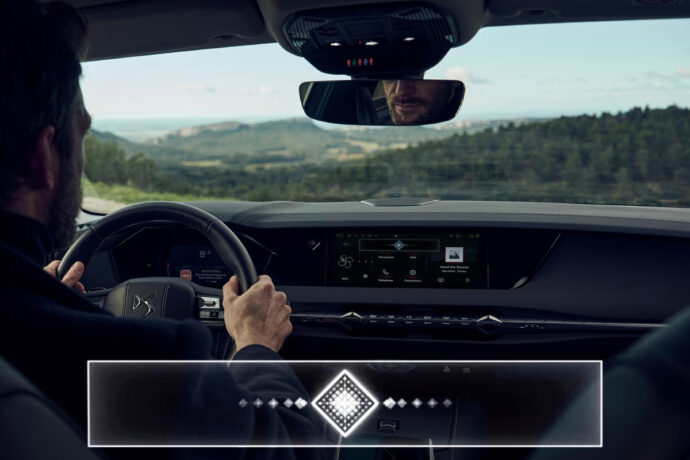
In the bustling environment of car workshops, where the clanking of tools and the hum of engines fill the air, there exists a hidden menace that often goes unnoticed: poor air quality. Despite appearances, the primary danger in these settings isn’t the machinery or the sparks; rather, it’s the invisible pollutants lingering in the air. Understanding the risks associated with inadequate air conditions is crucial for safeguarding the health and safety of workshop workers.
1. The Risks of Poor Air Quality:
Pollutants Accumulation: Workshops accumulate hazardous pollutants from various sources, including vehicle exhaust fumes, chemicals from paints and solvents, dust from sanding and grinding, and even asbestos from older vehicle parts.
Toxic Emissions: Running vehicles indoors emits toxic substances like carbon monoxide, nitrogen oxides, particulate matter, volatile organic compounds, sulphur dioxide, and benzene, posing significant health hazards.
Health Hazards: Prolonged exposure to pollutants can lead to respiratory problems, skin and eye irritation, and neurological effects, increasing the risk of chronic diseases and disorders among workshop workers.
Safety Issues: Poor air quality also poses safety risks, including fire and explosion hazards due to the accumulation of flammable gases, reduced visibility, and increased accident risks.
2. Mitigating Risks:
Improving Ventilation: Enhancing natural ventilation and investing in workshop extraction systems helps remove harmful pollutants from the work area, reducing exposure.
Emission Capture Systems: Implementing local exhaust ventilation (LEV) systems at emission generation points ensures effective capture and removal of pollutants before dispersion.
HVAC Systems: Heating, ventilation, and air conditioning (HVAC) systems regulate overall air quality, temperature, and humidity, contributing to a safer working environment.
Maintenance Practices: Regular maintenance of vehicles and equipment minimises emissions, while limiting engine running times and avoiding unnecessary idling reduces indoor pollutant release.
Personal Protective Equipment (PPE): Providing workers with appropriate PPE, such as respirators or masks, protects against particulate matter and toxic gases.
Education and Monitoring: Educating staff about air pollution risks, proper equipment use, and best practices for exposure reduction, along with regular air quality monitoring, ensures proactive management.
Safe Work Practices: Establishing designated areas for vehicle operation, specific procedures for chemical handling, and maintaining cleanliness prevents pollutant accumulation and promotes workplace safety.
Prioritizing air quality in car workshops is paramount for protecting the health and safety of workers. By implementing comprehensive measures to mitigate risks, including improved ventilation, emission capture systems, HVAC systems, maintenance practices, PPE provision, education, and safe work practices, workshop owners can create a safer and healthier environment. Investing in air quality management not only fulfills legal obligations but also demonstrates commitment to employee well-being, fosters customer trust, and enhances talent retention.



